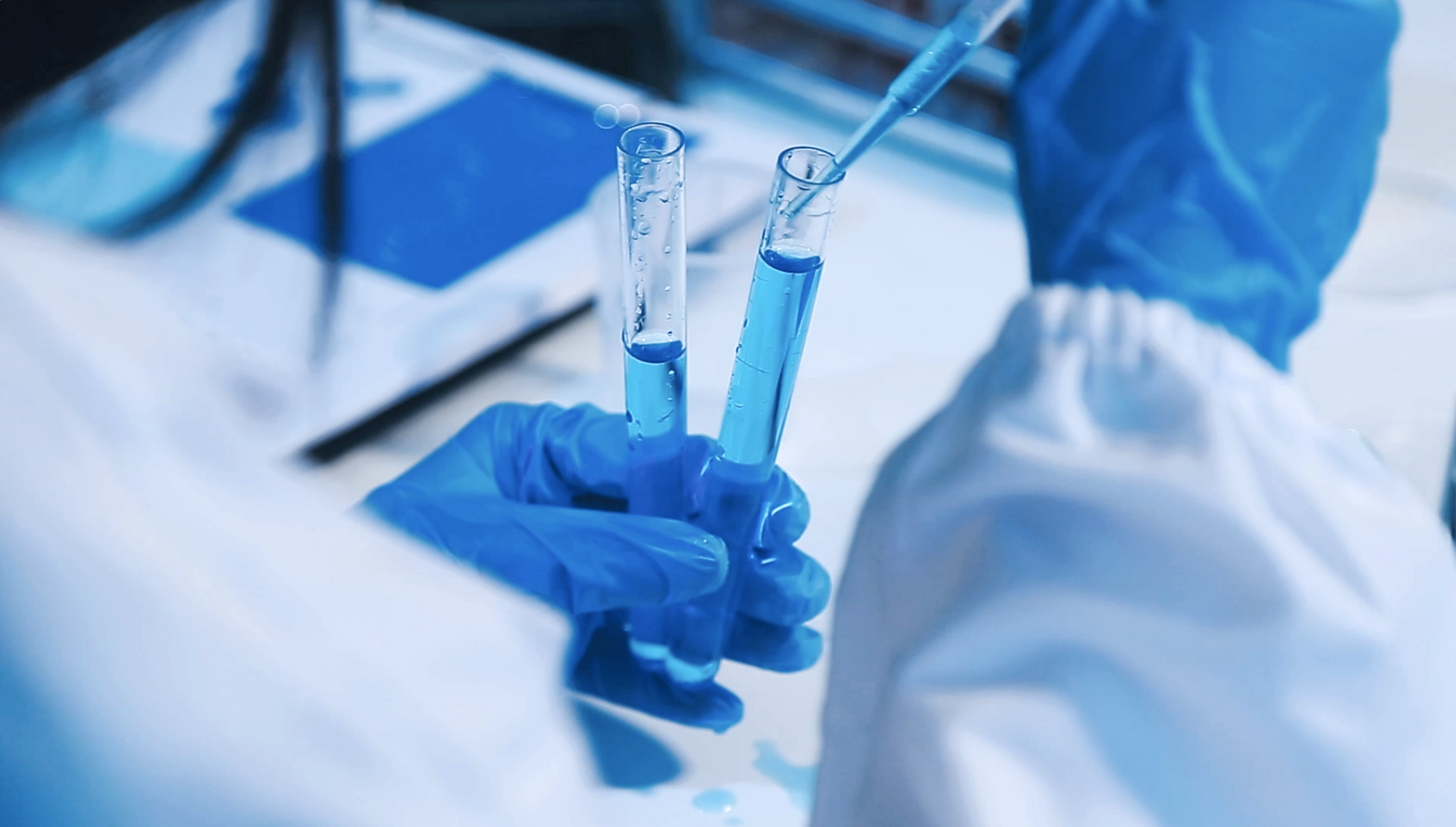
Biocompatibility testing is a critical component in the development of medical devices, ensuring that materials intended for human use do not elicit adverse biological responses. Adherence to the ISO 10993 standards is paramount in this evaluation process, providing a comprehensive framework for assessing the safety and efficacy of medical devices.
Understanding ISO 10993 Standards
The ISO 10993 series encompass a set of guidelines designed to evaluate the biocompatibility of medical devices. Key parts of this standard include:
- ISO 10993-1: Outlines the evaluation and testing within a risk management process.
- ISO 10993-5: Focuses on tests for in vitro cytotoxicity.
- ISO 10993-10: Details tests for irritation and skin sensitization.
These standards guide manufacturers in selecting appropriate tests based on the device’s nature, contact duration, and intended use.
Core Biocompatibility Testing Methods
Among the various assessments, three primary tests are fundamental in biocompatibility evaluations:
- Cytotoxicity Testing: Evaluates whether a medical device or its materials are toxic to living cells. This test is critical because it screens for harmful chemicals that could leach out of a device and damage nearby cells, potentially leading to tissue death or functional impairment.
- Sensitization Testing: Assesses the potential of a device to cause allergic reactions upon repeated exposure. Materials that induce sensitization can lead to severe immune responses, making this evaluation vital for patient safety.
- Irritation Testing: Determines if a device causes localized inflammation or discomfort upon contact with skin or mucosal surfaces. This test is essential to ensure that the device does not provoke adverse reactions at the site of application.
Ensuring Compliance with Regulatory Requirements
To meet stringent regulatory standards, manufacturers must:
- Conduct Comprehensive Risk Assessments: Evaluate potential biological risks associated with the device, considering factors like material composition, intended use, and exposure duration.
- Implement Rigorous Testing Protocols: Perform the necessary biocompatibility tests as dictated by ISO 10993, ensuring thorough documentation of methodologies and results.
- Maintain Detailed Documentation: Compile exhaustive reports detailing test outcomes, risk analyses, and mitigation strategies, which are crucial for regulatory submissions and audits.
At Vonco, we provide biocompatibility testing services to support the safety and efficacy of our customers’ medical devices. Our approach includes comprehensive risk assessments, strategic material selection, and strict adherence to industry best practices. We consult on and manage critical biological evaluations—such as cytotoxicity, sensitization, and irritation testing—through our trusted network of strategic laboratory partners, ensuring alignment with ISO 10993 standards and our customers’ rigorous quality and safety requirements.
In addition, customers can leverage Vonco’s team of material science experts early in the development process to assist in material selection and risk mitigation, helping to reduce the likelihood of costly rework or delays. As a leading medical device contract manufacturer, we have conducted a wide range of material risk assessments and selection matrices as part of our design for manufacturability (DFM) process. This proactive approach not only minimizes the need for repeated ISO 10993 testing but also supports design freeze readiness and keeps commercialization timelines on track.
